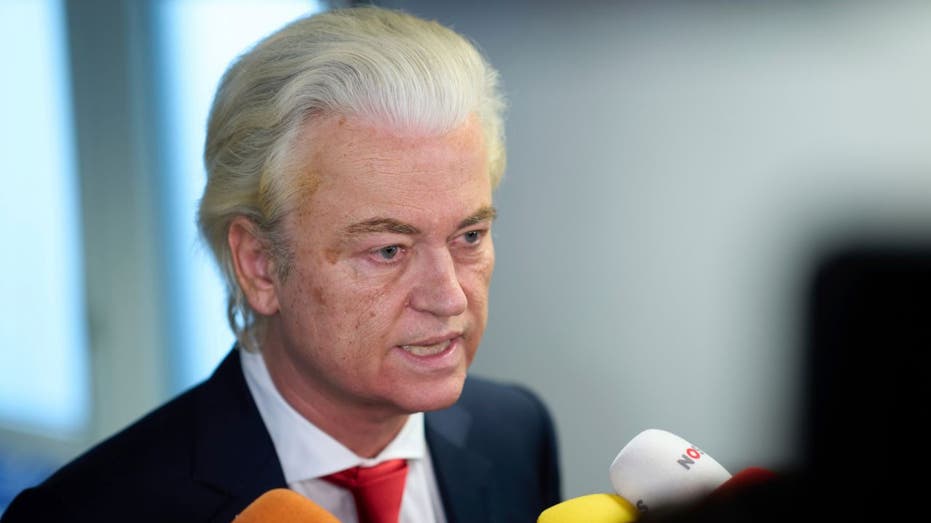Dutch Far-Right Leader Wilders' Party Exits Government Coalition Over Immigration Dispute
Dutch government collapses as populist leader Geert Wilders' party exits coalition over immigration dispute

The Dutch political landscape was thrown into turmoil on Tuesday as the Party for Freedom (PVV), led by populist figure Geert Wilders, unexpectedly withdrew from the ruling coalition over a bitter dispute on immigration policy. This dramatic development effectively collapses the government less than a year after it was formed, setting the stage for likely snap elections in the coming months.
Geert Wilders, renowned for his staunch anti-immigration stance, had been pressing his coalition partners for the adoption of ten stringent measures targeting asylum seekers. Among these were proposals for an immediate freeze on new asylum applications and severe restrictions on family reunification. When negotiations broke down, Wilders announced that his PVV would pull out of the coalition, citing a lack of support for what he described as necessary steps to "halt asylum migration."
"No signature under our asylum plans… The PVV leaves the coalition," Wilders declared on X, underscoring the abruptness of the decision. The announcement sent shockwaves through Dutch politics, with Prime Minister Dick Schoof yet to provide an official response. All PVV ministers are expected to resign from their posts, leaving the administration in crisis and its future uncertain.
Wilders’ demands went beyond existing government policies such as stricter border controls, and included the controversial suggestion to strip citizenship from dual-passport holders—an idea sharply criticized for potentially violating basic rights. Frustration also grew within the PVV over perceived delays in repealing the "scatter bill," legislation intended to distribute asylum seekers more evenly across municipalities. Wilders condemned the law as emblematic of what he called a "failed asylum policy" that threatened Dutch identity.
Last week, tensions reached new heights when Wilders demanded that the military be deployed to guard land borders and block all asylum-seekers from entering. He warned at the time that failure to enact a tougher immigration policy would result in his party's exit from the government—a threat he made good on Tuesday. "I signed up for the toughest asylum policy and not the downfall of the Netherlands," Wilders told reporters after the decision.
With the government's future hanging in balance, potential next steps remain unclear. The administration could attempt to govern as a minority or face mounting pressure to call new elections later this year. An emergency Cabinet meeting was convened following Wilders' withdrawal, as the country's political class scrambled to formulate a response.
Wilders' PVV scored a decisive victory in the November 2023 election, capturing 23% of the vote. However, recent polls show that public support has slipped, with the party now polling around 20%, roughly equal to the Labour/Green alliance, suggesting a highly competitive race if new elections are called.
The move was denounced by Dilan Yesilgöz, leader of the right-wing People’s Party for Freedom and Democracy, who labeled Wilders’ decision as "super-irresponsible" and expressed shock at the abrupt destabilization of the governing coalition.
This upheaval in Dutch politics comes amid a wave of gains for right-wing parties across Europe, fueled by widespread resentment over immigration and skepticism toward the European Union. Recent victories by conservatives in Poland and surging poll numbers for far-right parties in Germany and the Czech Republic highlight a broader continental trend that continues to reshape Europe's political map.




